This Way Up for Saturday 30 April 2016
This Way Up for 30 April 2016, Part 1
'Mechanical doping' in cycling, gene-edited foods, and IQ tests: what can they tell us?
'Mechanical doping' in cycling
Professional cycling has been dogged by allegations of cheating for decades - now the cheats are getting even more creative.

Cyclists competing in the Tour of Turkey on 29.4.16 Photo: MEHMET ALI OZCAN / ANADOLU AGENCY
After years of rumour, denial and innuendo, the Lance Armstrong affair uncovered the full extent of doping in the sport. Now cycling is facing another threat to its credibility - the news that some riders are using tiny motors inside their bike frame to give them an edge over their purely pedal-powered rivals.
A 19 year old Belgian cyclo cross rider was busted at the recent world champs, and has just been fined and suspended from the sport for 6 years by the International Cycling Union. The BBC is calling it 'the first case of motorised doping in cycling'.
Ian Austen has been looking at the history of mechanical doping in pro cycling. He says that although this may be the first modern case, some early riders in the Tour de France were disqualified after they got towed along by cars using thin piano wires!
The Stade 2 story of 1 April 2016 referred to in the interview (in French).
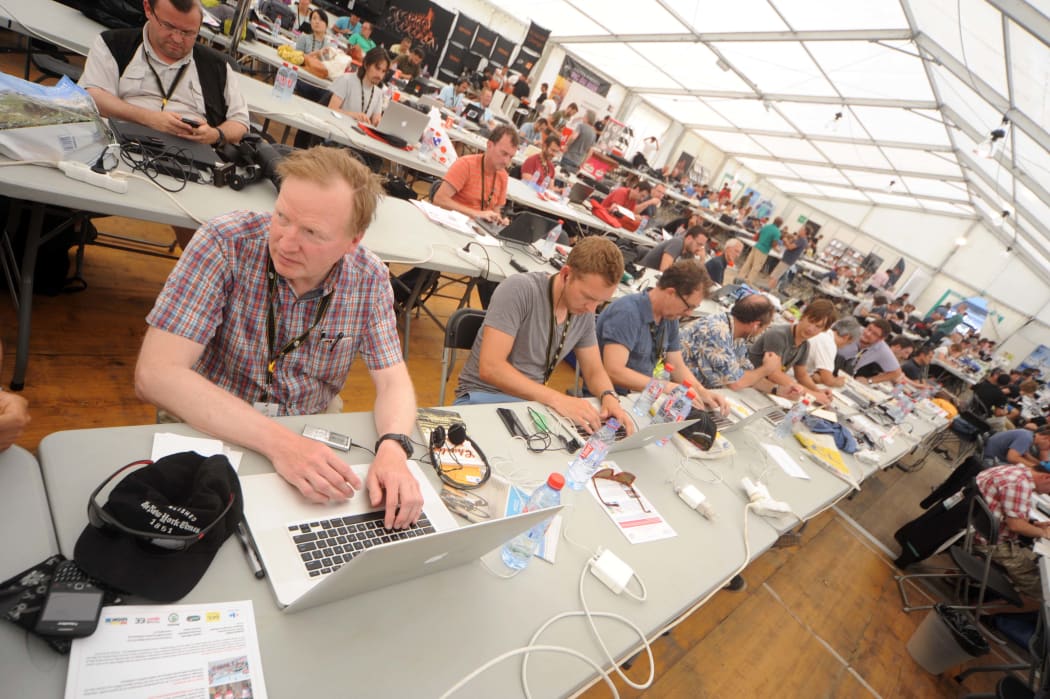
Ian Austen covering the 2014 Tour de France Photo: (James Startt)
IQ tests: what can they tell us?
An IQ test measures your intelligence – but what else can it say about an individual?

Photo: Flickr user Ken Teegardin / CC BY-SA 2.0
"Perhaps the most arresting finding is that IQ scores taken in childhood are predictive of mortality. Smarter people live longer, and this association is still there after controlling for social class" - Stuart Ritchie.
There is evidence linking higher IQ scores with better school performance, career success, a higher income, living for longer and having better physical and mental health.
That's where things start getting complicated because – as scientists like reminding us – correlation does not equal causation. So could a high IQ score just be a handy indicator or proxy for things like better childhood nutrition, your upbringing and your relative wealth?
Stuart Ritchie is a postdoctoral fellow in cognitive ageing at the University of Edinburgh who calls IQ tests "...some of the most reliable and valid instruments in all of psychological science".
He's working with a treasure trove of old Scottish records that are providing some great insights into how well people age, and how IQ can be used as a health predictor for later life.
"We need IQ tests to help us understand how the brain ages, and how we can help it age more healthily. We need IQ tests to help us work out how to boost people's intelligence, and thus to boost their productivity. Perhaps, above all, IQ tests are one of the tools with which psychologists can dissect and examine human intelligence: we'd be extremely unwise to continue to ignore their insights" - Stuart Ritchie.
Gene-edited foods
A white button mushroom that won't brown as quickly as conventional fungi (when kept in the fridge) could become the first gene-edited food to go on sale in the US.
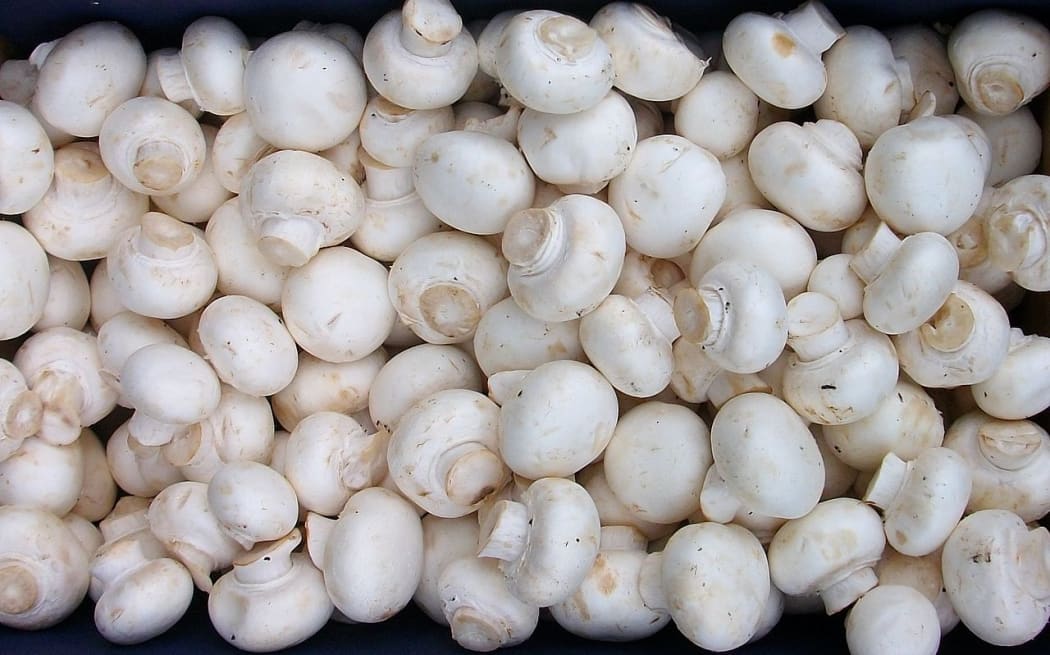
Photo: Public Domain
The button mushroom's genes were edited using CRISPR-Cas9 – a molecular cut-and-paste technology that is revolutionising the world of genetic science and challenging existing GMO regulations around the world.
The US Department of Agriculture has said it will not stop these mushrooms being grown commercially as no genetic material was added, so technically it has not been genetically modified. Yet the mushrooms could still be banned by the US Envronmental Protection Agency or the US Food and Drug Administration.
The decision has re-ignited the debate about the regulation, ethical implications and health impacts of genetically modified food. Governments around the world are grappling with how to regulate gene editing technology as it becomes more readily available. You can now buy gene editing kits online for under US$100 and a growing band of DIY geneticists and biohackers are trying it out themselves at home.
Kristen V. Brown has been looking at these recent developments for Fusion.net.
She talks with Simon Morton:
This Way Up for 30 April 2016, Part 2
Drone buyer's guide; tech news: chatbots, PledgeMe, and Spark's Lightbox offer; and science: new contraceptives and genes that make you look older.
Drone buyer's guide
George Block of consumer.org.nz has been testing drones.
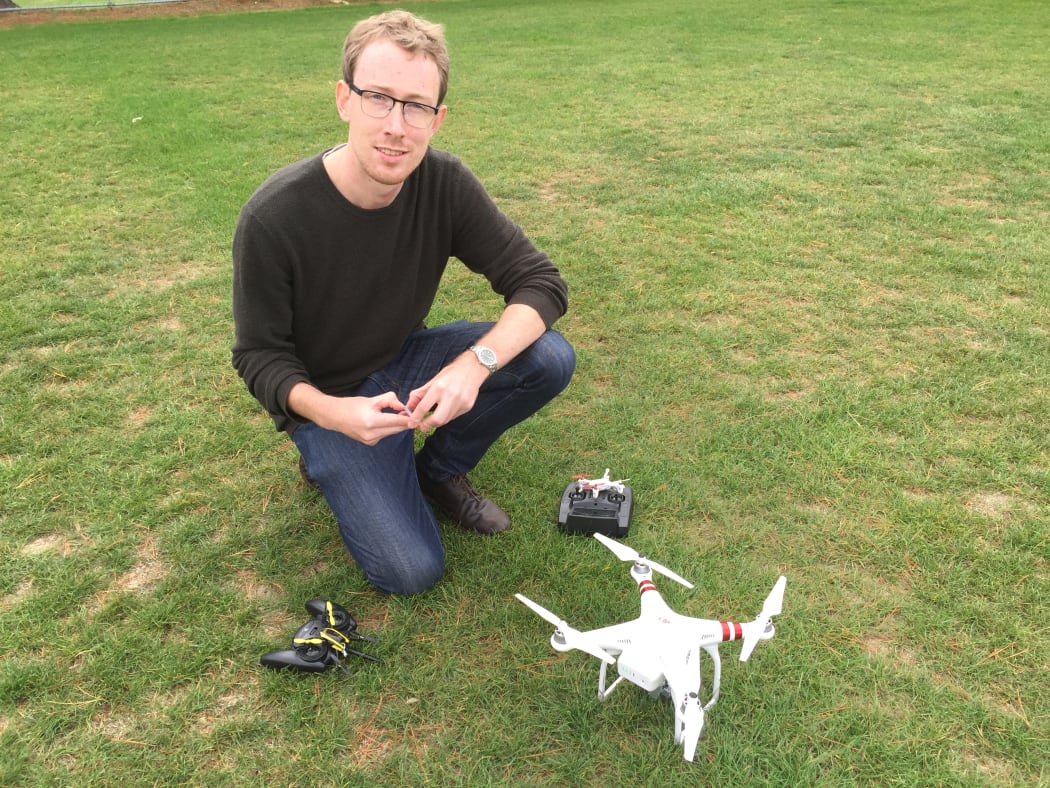
George Block Photo: RNZ Simon Morton
A drone can set you back anywhere from a few hundred to well over one thousand dollars.
What are the best models? And what regulations do you need to comply with to fly one here in New Zealand?
Tech: chatbots, PledgeMe, and Spark's Lightbox offer
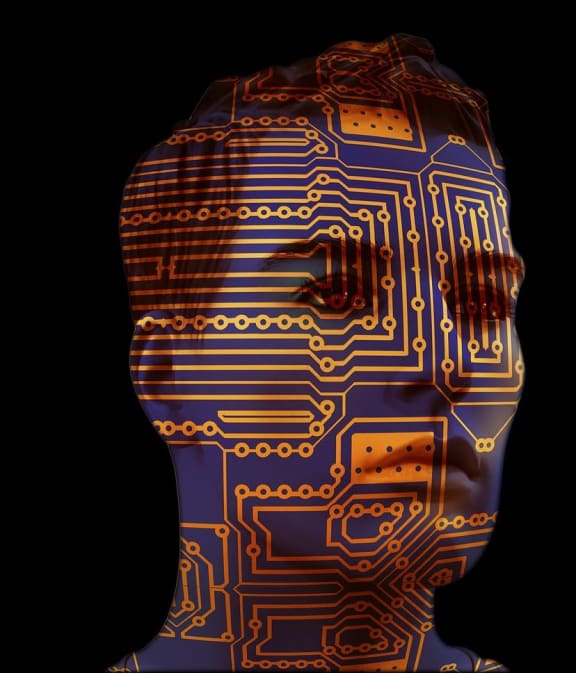

Technology correspondent Peter Griffin on the rise of the 'chatbots'; using artificial intelligence to simulate responses and conversations on a social network or customer service website near you.
Also the local crowdfunding platform PledgeMe moves into peer-to-peer lending, and Spark says it will keep giving away its online video streaming service Lightbox to all home broadband customers.
It's another development in the complex and rapidly evolving video streaming on demand market, with Sky's internet TV service Neon about to go HD and launch an app for Apple TV, and the Australian parent company of streaming service Quickflix going into voluntary administration. Meanwhile, Netflix's crackdown on local consumers using VPNs to access an expanded catalogue could lead to an exodus of subscribers.
Science: new contraceptives and genes that make you look older
Dr Chris Smith of The Naked Scientists with the latest science news.
This week, a new form of contraceptive and fertility treatment in one. Writing in Science Translational Medicine, Matteo Avella and his colleagues have developed a coating made from parts of the outer shell of human eggs to trap sperm and prevent fertilisation in mice. The same tool could also be useful in selecting the fittest sperm for fertility treatments.
And genes that make you look old. A gene that adds two years to your appearance has been documented by scientists studying people in the Netherlands and the UK.
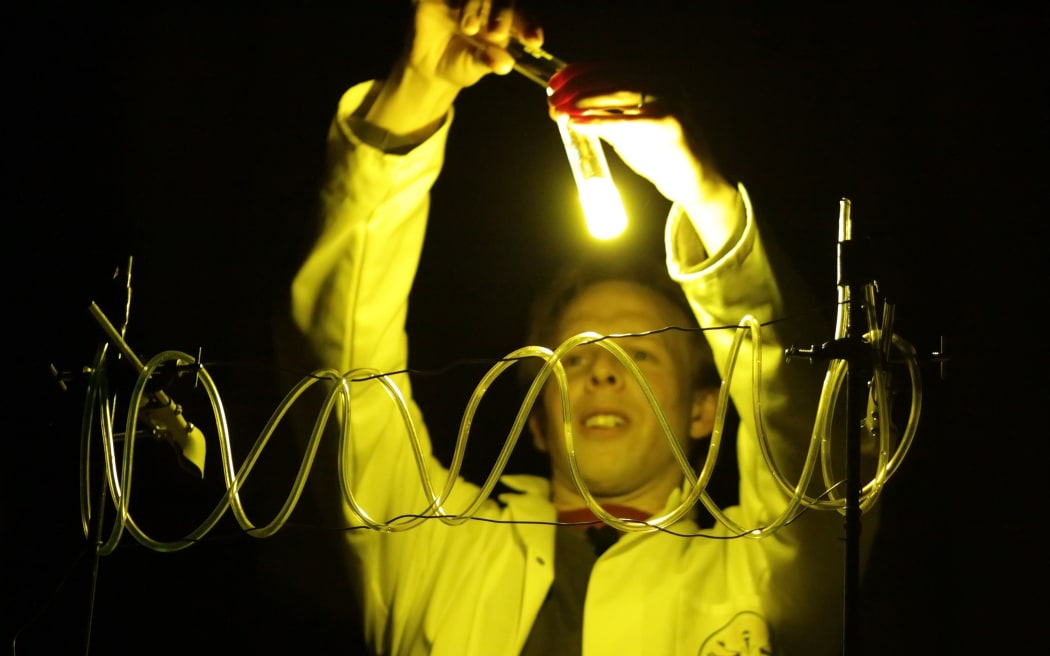
Dr Chris Smith of The Naked Scientists Photo: SUPPLIED